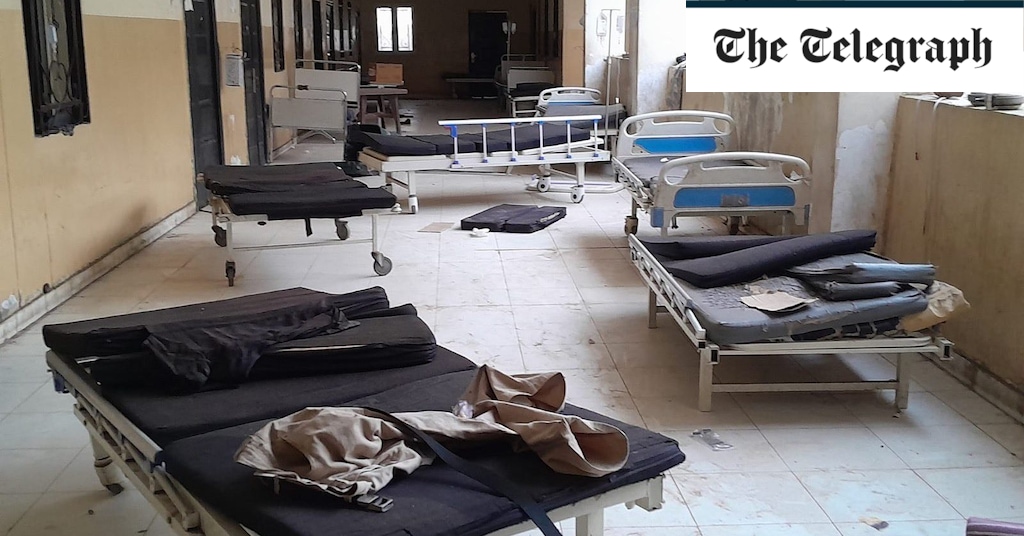
In the capital Khartoum, just a handful of hospitals are currently operational.
The price of essential medicines continues to soar, with no supplies of Oxycontin at Umdawanban Hospital, and dwindling stocks of basic equipment, like medical gloves and antiseptic for cleaning wounds at Bashair Teaching Hospital.
In the Turkish hospital, MSF receives over 100 patients a day, most of them children and pregnant women.
Many arrived critically injured after being forced to make the terrifying choice of travelling through volatile areas.
MSF reported that many have had to travel for miles by foot and across frontlines as there is no ambulance service and very few transport options available.
“A four-year-old girl was brought to our emergency room after being hit in the abdomen by a stray bullet that entered her home,” said Guy Vataux, MSF Head of Mission in Khartoum.
“Her mother took her to three other hospitals before she was finally able to get surgical treatment at the Turkish Hospital.”
The WHO also condemned “another attack” on a health facility in Wad Al-Nura in Al-Jazirah state south of Khartoum.
The attack caused the death of a nurse who was on duty and caring for patients at the time.
“WHO strongly condemns attacks on healthcare. Health workers and patients should not have to risk their lives to provide and access health services,” WHO said after shelling by the RSF on the village killed 100 people.
A looming malnutrition catastrophe
Mr Ghazi said that the situation in Sudan is one of the worst he has seen throughout his decade-long tenure at MSF.
“I’ve personally been in Ukraine and Syria and Haiti. I’ve seen my share. For me, Khartoum is pretty much on the top in terms of how complex and difficult it is to function.”
He worries that the healthcare system could collapse if the looming malnutrition catastrophe comes to fruition.
Around 18 million people in Sudan are acutely food insecure, according to the World Food Programme (WFP), including nearly five million who are now in the grip of emergency levels of hunger.
“This is the highest number ever recorded during the harvest season… Around 90 per cent of those in emergency are in areas where access is extremely limited due to heavy fighting and restriction,” the WFP said.
Last month MSF found a major malnutrition crisis in Zamzam camp in North Darfur, home to 120,000 people.

